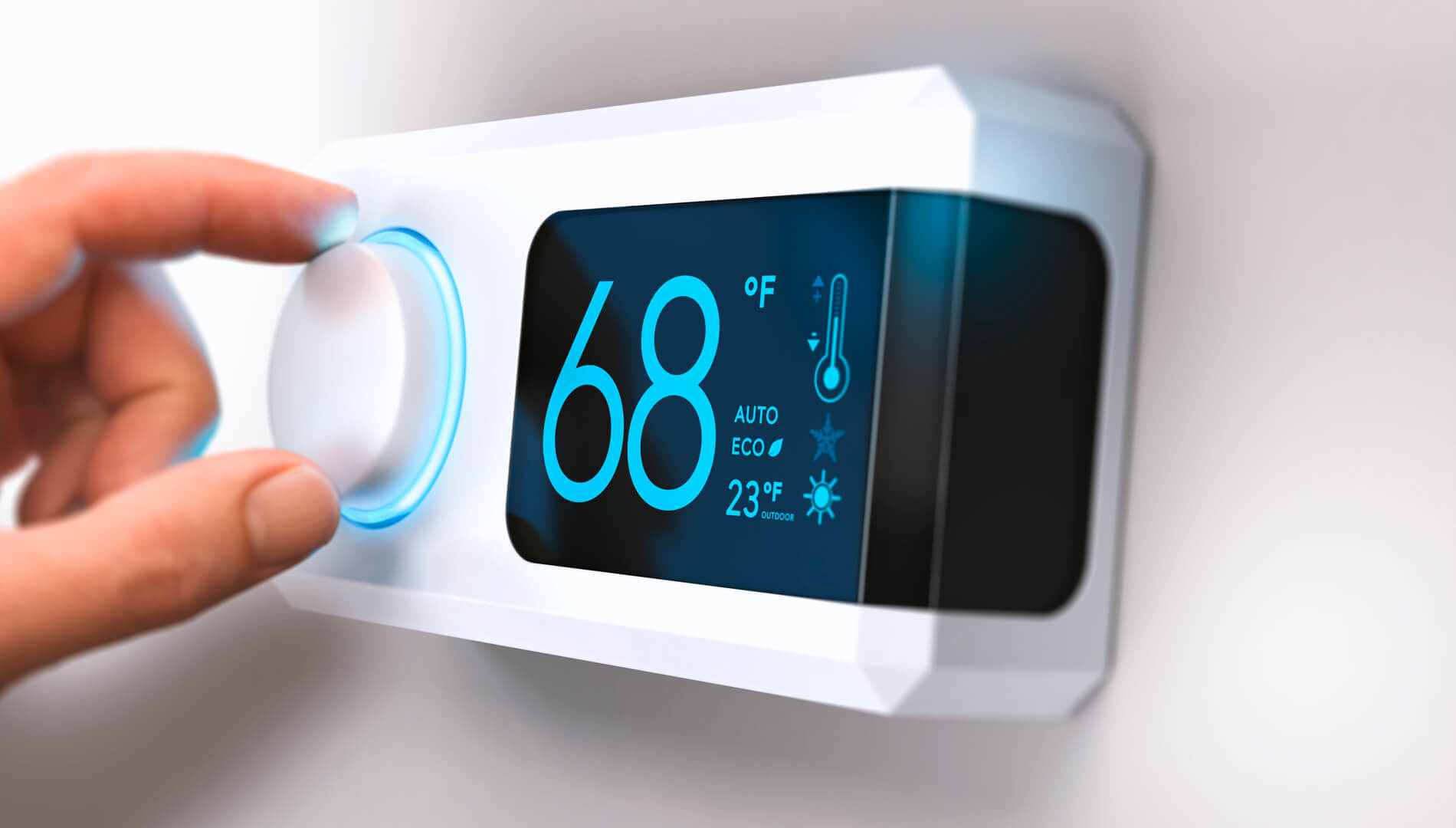Heat Pumps
The heat pump harnesses naturally renewable energy from the air, so it saves money on your fuel bills and reduces your carbon footprint.
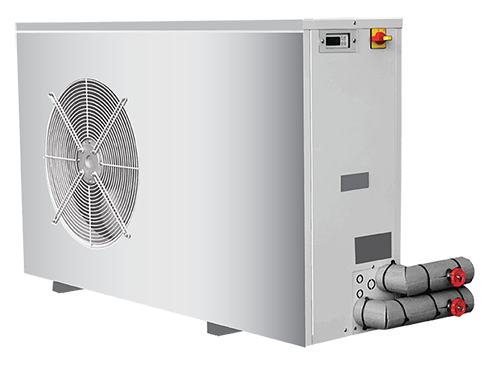
Find the best solution for you
Air source heat pumps (ASHPs) absorb heat from the outside air. This heat can then be used to heat radiators, underfloor heating systems, or warm air convectors and hot water in your home.
-
Heat Energy Storage
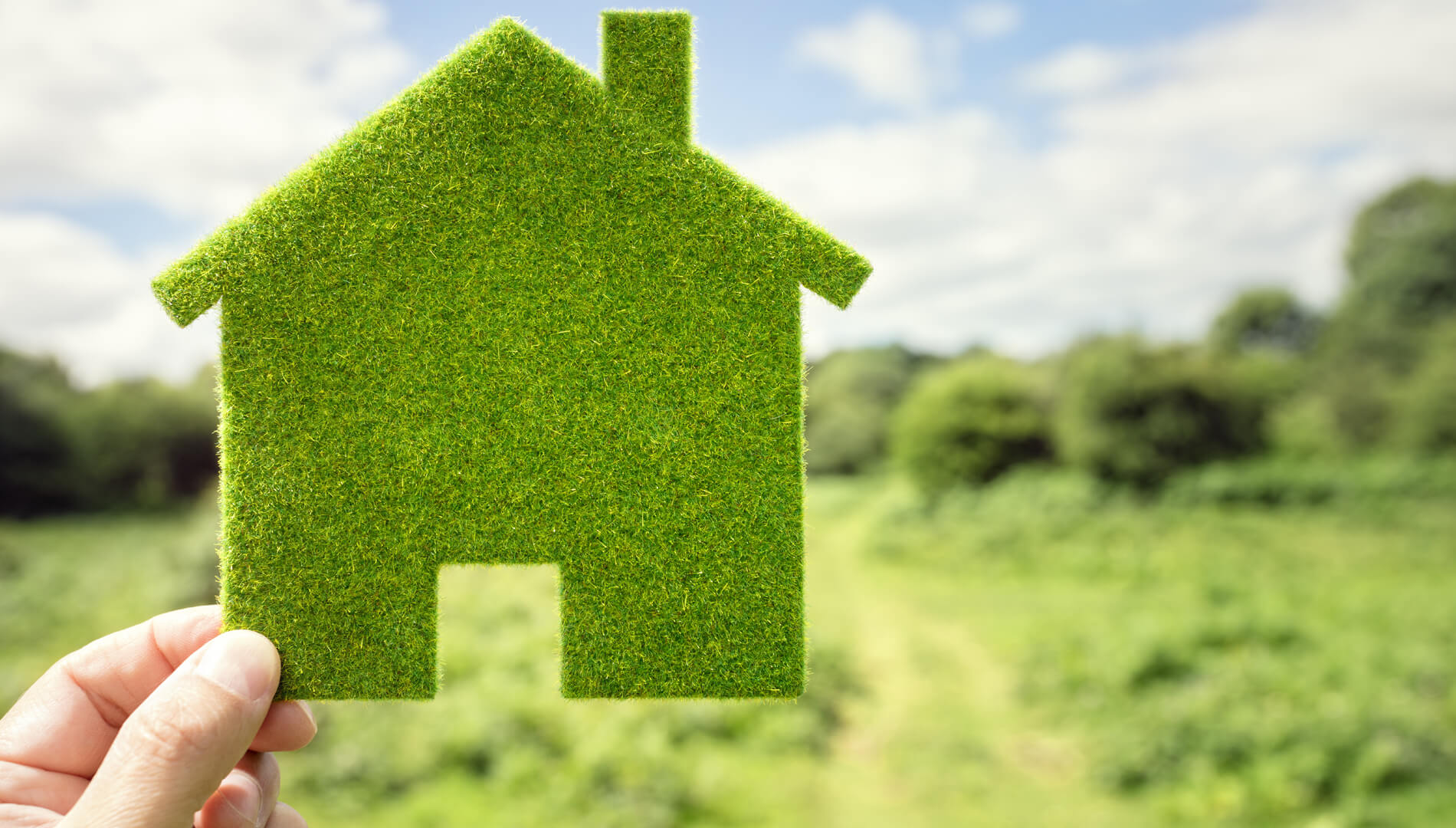
Heat Energy Storage
Heat from the air is absorbed at low temperature into a fluid.
This fluid then passes through a compressor where its temperature is increased, and transfers its higher temperature heat to the heating and hot water circuits of the house.
-
The Benefits
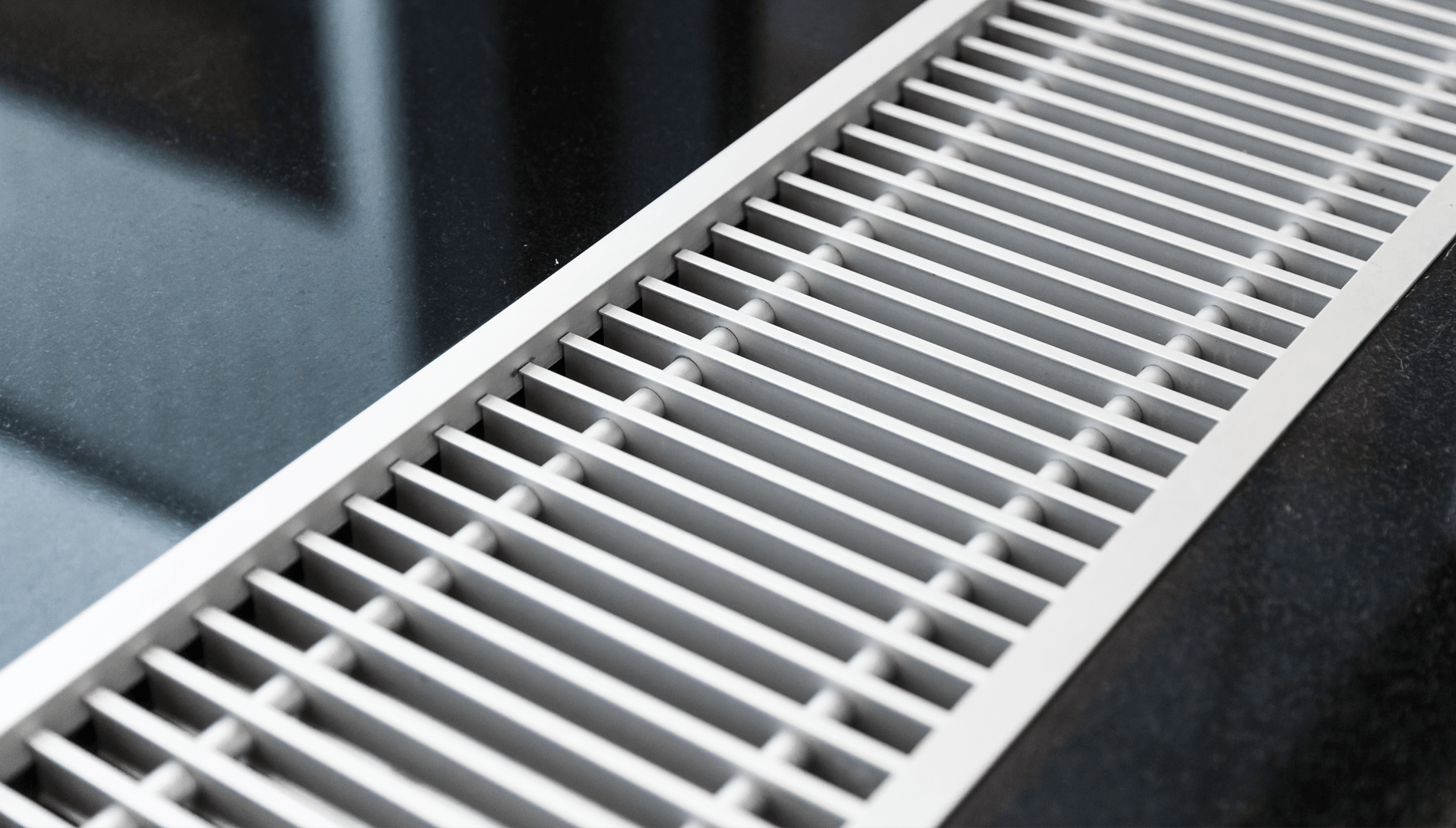
The Benefits
Lower fuel bills, especially if you are replacing conventional electric heating
potential income through the UK government’s Renewable Heat Incentive (RHI)
lower home carbon emissions, depending on which fuel you are replacing
can heat your home as well as your water with minimal maintenance required -
Types of Systems
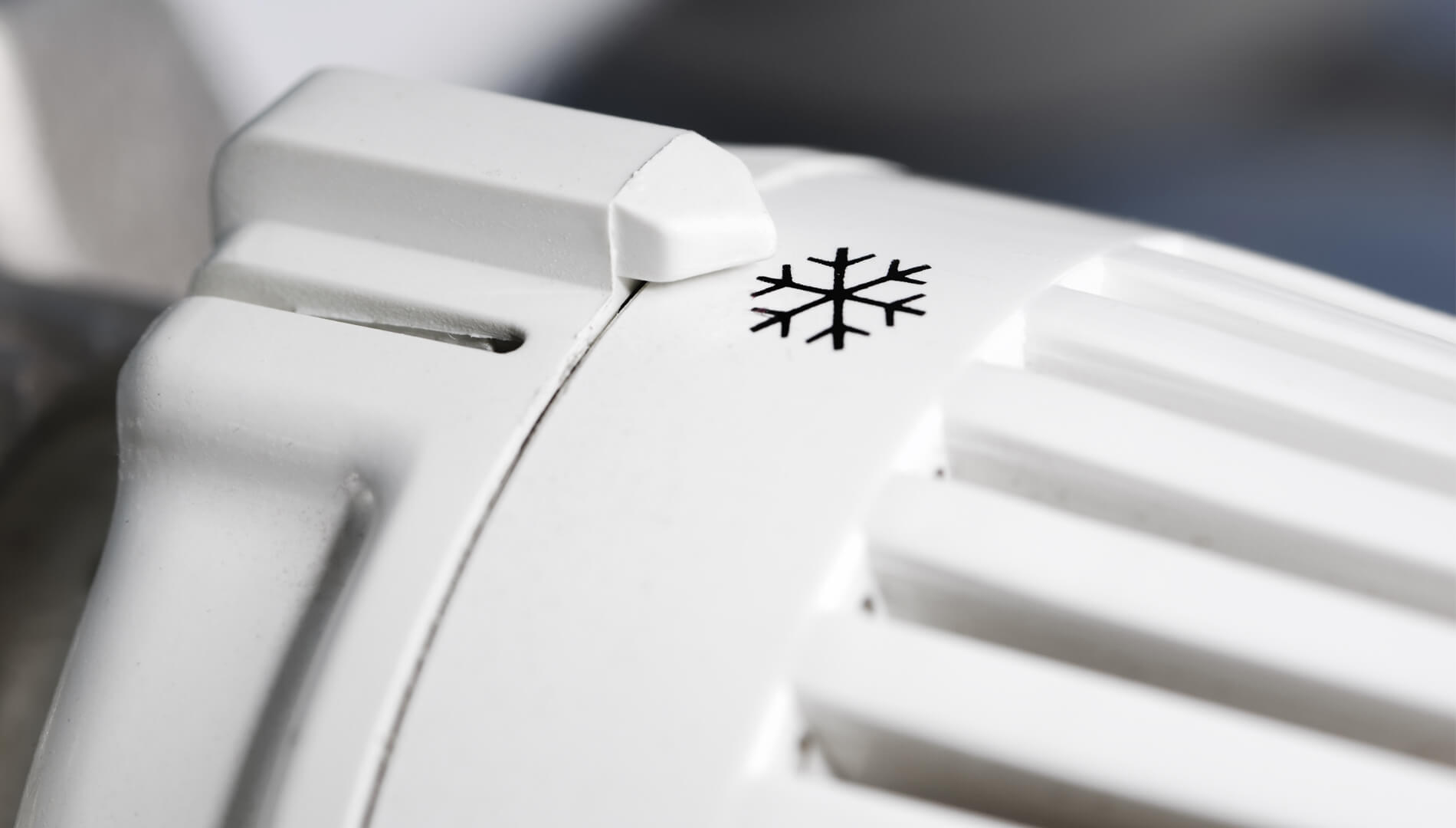
Types of Systems
An air-to-water system distributes heat via your wet central heating system. Heat pumps work much more efficiently at a lower temperature than a standard boiler system would. This makes them more suitable for underfloor heating systems or larger radiators, which give out heat at lower temperatures over longer periods of time.
An air-to-air system produces warm air which is circulated by fans to heat your home. They are unlikely to provide you with hot water as well.
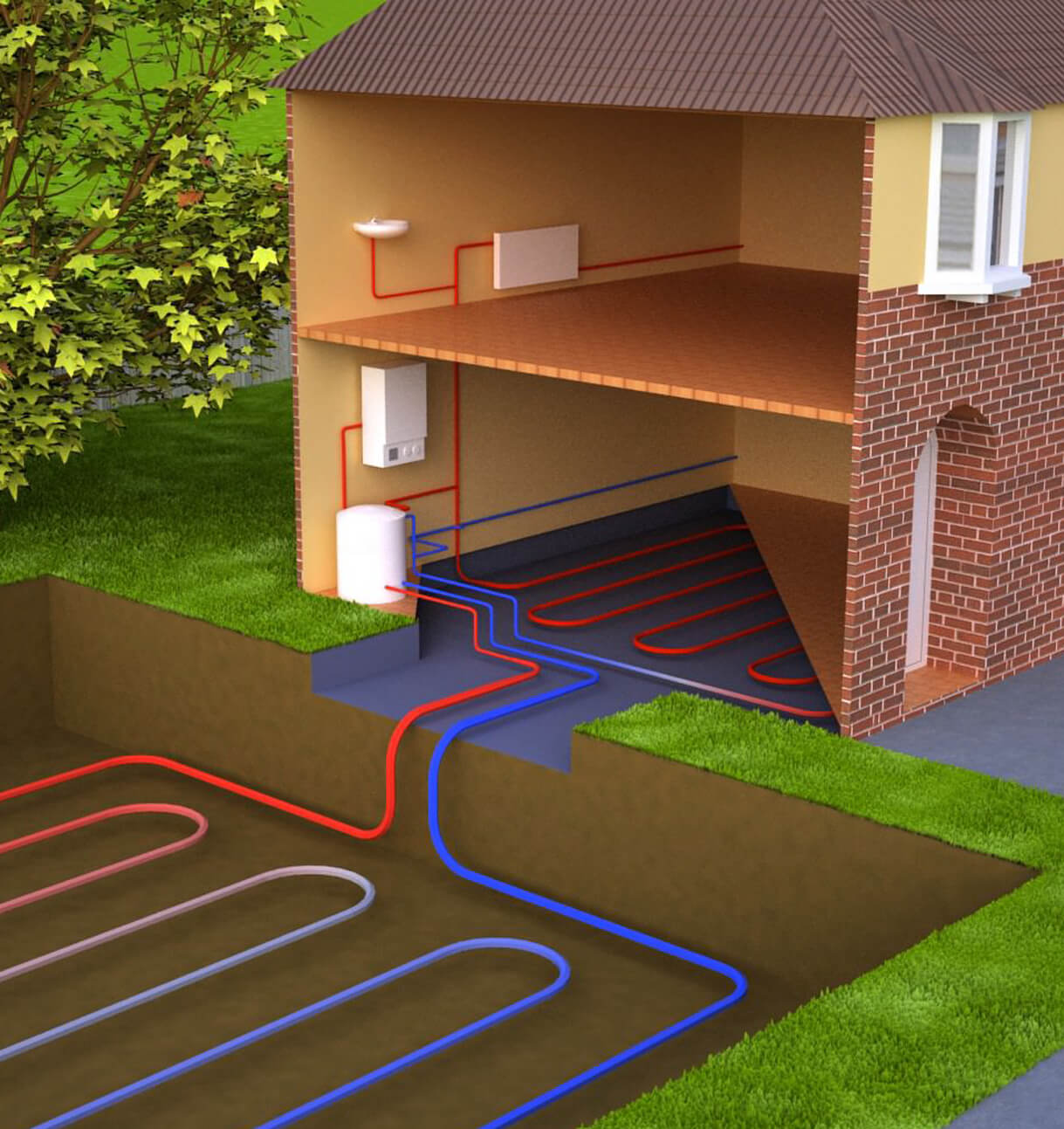
Things to Consider
Do you have somewhere to put it? You'll need a place outside your home where a unit can be fitted to a wall or placed on the ground. It will need plenty of space around it to get a good flow of air. A sunny wall is ideal.
Is your home well insulated? Since air source heat pumps work best when producing heat at a lower temperature than traditional boilers, it's essential that your home is well insulated and draught-proofed for the heating system to be most efficient.
What fuel will you be replacing? The system will pay for itself much more quickly if it's replacing an electricity or coal heating system. Heat pumps may not be the best option for homes using mains gas.
What type of heating system will you use? Air source heat pumps can perform better with underfloor heating systems or warm air heating than with radiator-based systems because of the lower water temperatures required.
Is the system intended for a new development? Combining the installation with other building work can reduce the cost of installing the system.

Ground Source Heat Pumps
Ground source heat pumps (GSHPs) use pipes that are buried in the garden to extract heat from the ground. This heat can then be used to heat radiators, underfloor or warm air heating systems and hot water in your home.
A ground source heat pump circulates a mixture of water and antifreeze around a loop of pipe, called a ground loop, which is buried in your garden.
Heat from the ground is absorbed into the fluid and then passes through a heat exchanger into the heat pump.
The ground stays at a fairly constant temperature under the surface, so the heat pump can be used throughout the year.
The length of the ground loop depends on the size of your home and the amount of heat you need.
Longer loops can draw more heat from the ground, but need more space to be buried in. If space is limited, a vertical borehole can be drilled instead.

Speak to the Heat pump Experts
Complete our online enquiry and we endeavour to callback all enquiries within 24 hours on business days.

